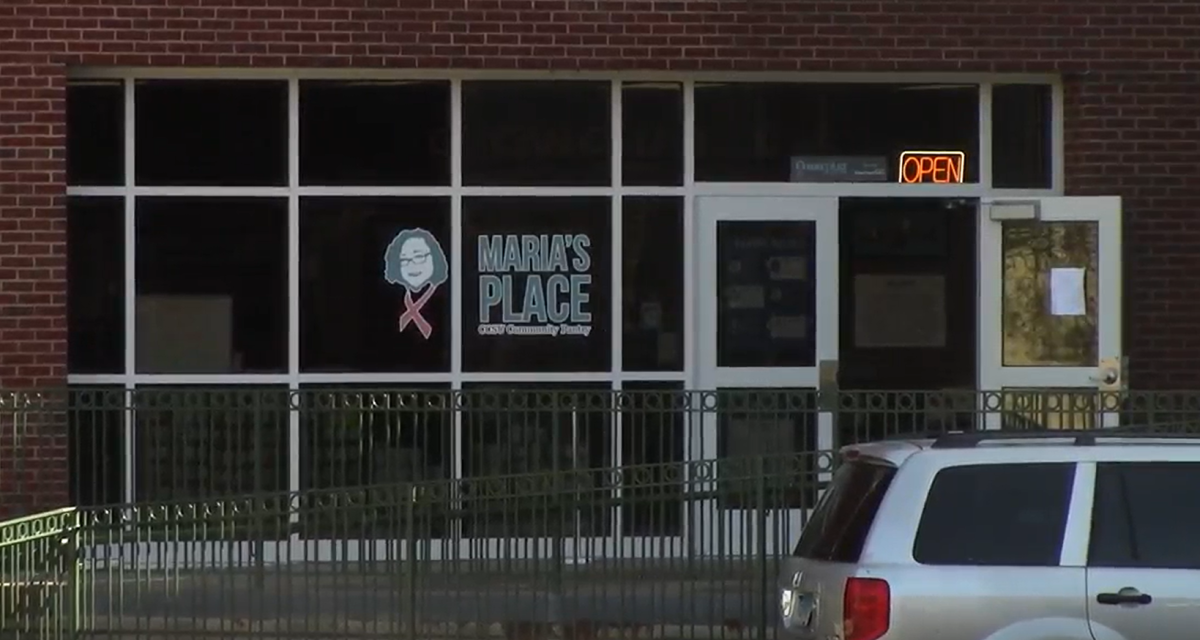Martin Guay, the new chairman of the Board of Regents, said he plans to prioritize work-based learning experiences for students, the Early College and Dual Enrollment program and the alignment of enrollment rates with tuition costs.
“I think that in the past, the board was very passive and didn’t do a lot of what I call proactive work,” Guay said.
Gov. Ned Lamont appointed Guay to the job July 1, replacing former chair JoAnn Ryan.
The board governs the Connecticut State Colleges and Universities (CSCU) system and consists of 15 voting members, two of whom are students chosen by their peers, according to the CSCU website.
Guay has been on the board since August 2023. His new term will last six years.
There are key industries and markets in Connecticut such as healthcare, information technology, and manufacturing, which act as potential job markets for students to get work-based learning experience, Guay said.
“We need to do a better job at CSCU creating more apprenticeships and internships and job opportunities for when people get out,” Guay said. “It’s important that as a system we help people do that.”
Guay also said that he wants to align CSCU enrollment rates with cost structure, meaning that if enrollment is flat or declining, then the costs that are allocated to the universities should not be going up.
“It’s our intent not to raise tuition,” Guay said.
According to the Connecticut Public College Enrollment Trends 2024 report, CSCU saw a 22.4% decrease across the system. However, CSCU Chancellor Terrence Cheng said at a recent board meeting that enrollment is up 4.2% this semester.
Aside from being a part of the board since 2023, Guay worked closely with Lamont on building the Tech Talent Accelerator program for higher education in Connecticut. The program aims to expand programs at colleges across the state in emerging and in-demand fields such as cybersecurity, virtual modeling, software development, and digital analytics, according to the Government Technology website.
Guay said he also wants to see more faculty involvement and collaboration in board meetings.
“There are a lot of opportunities to do things better and be stronger,” Guay said. “I’m optimistic that we could do more and get more done.”



